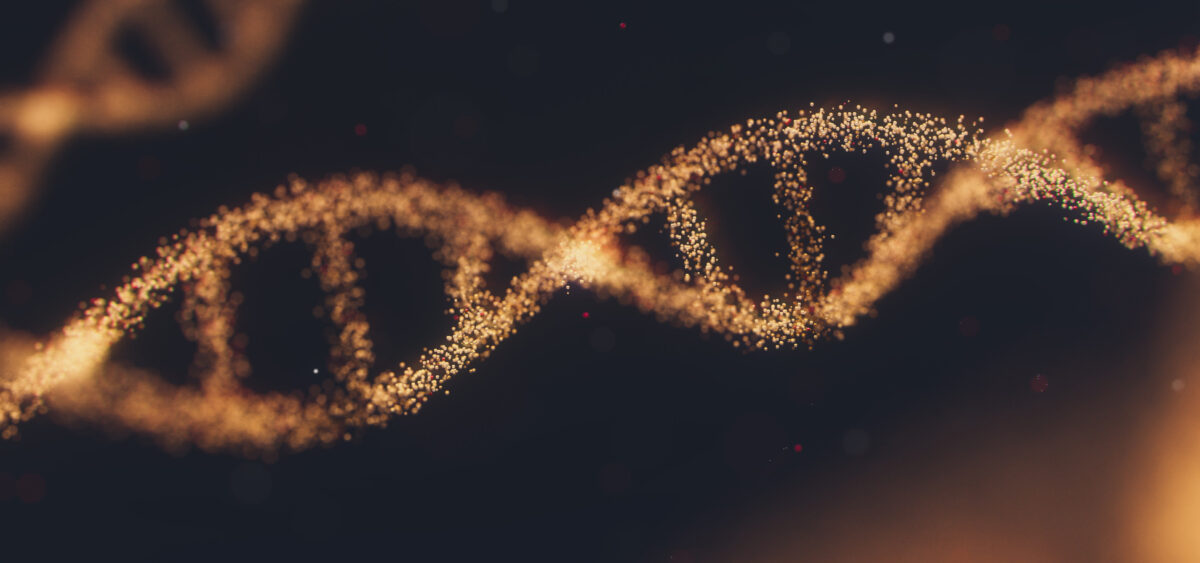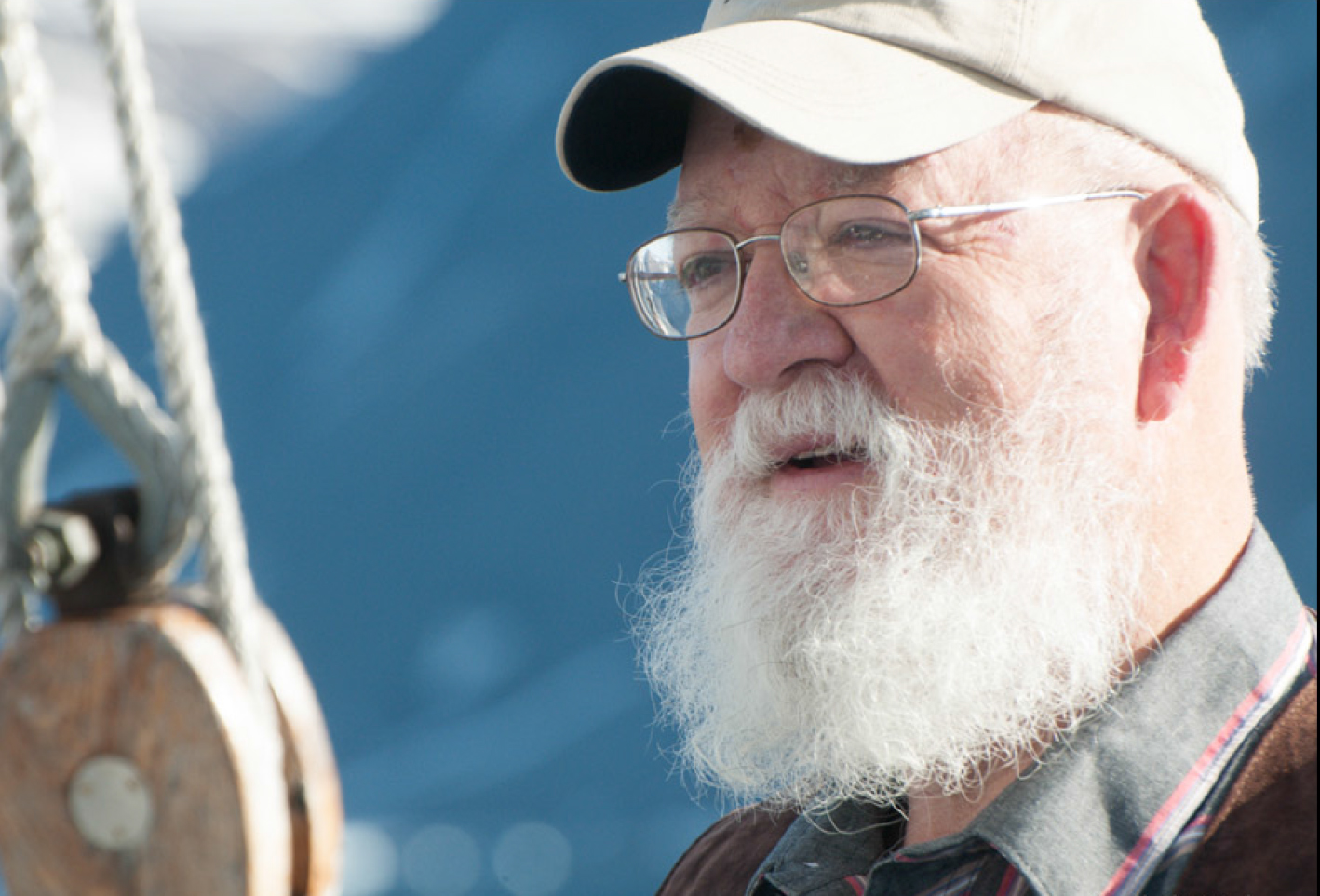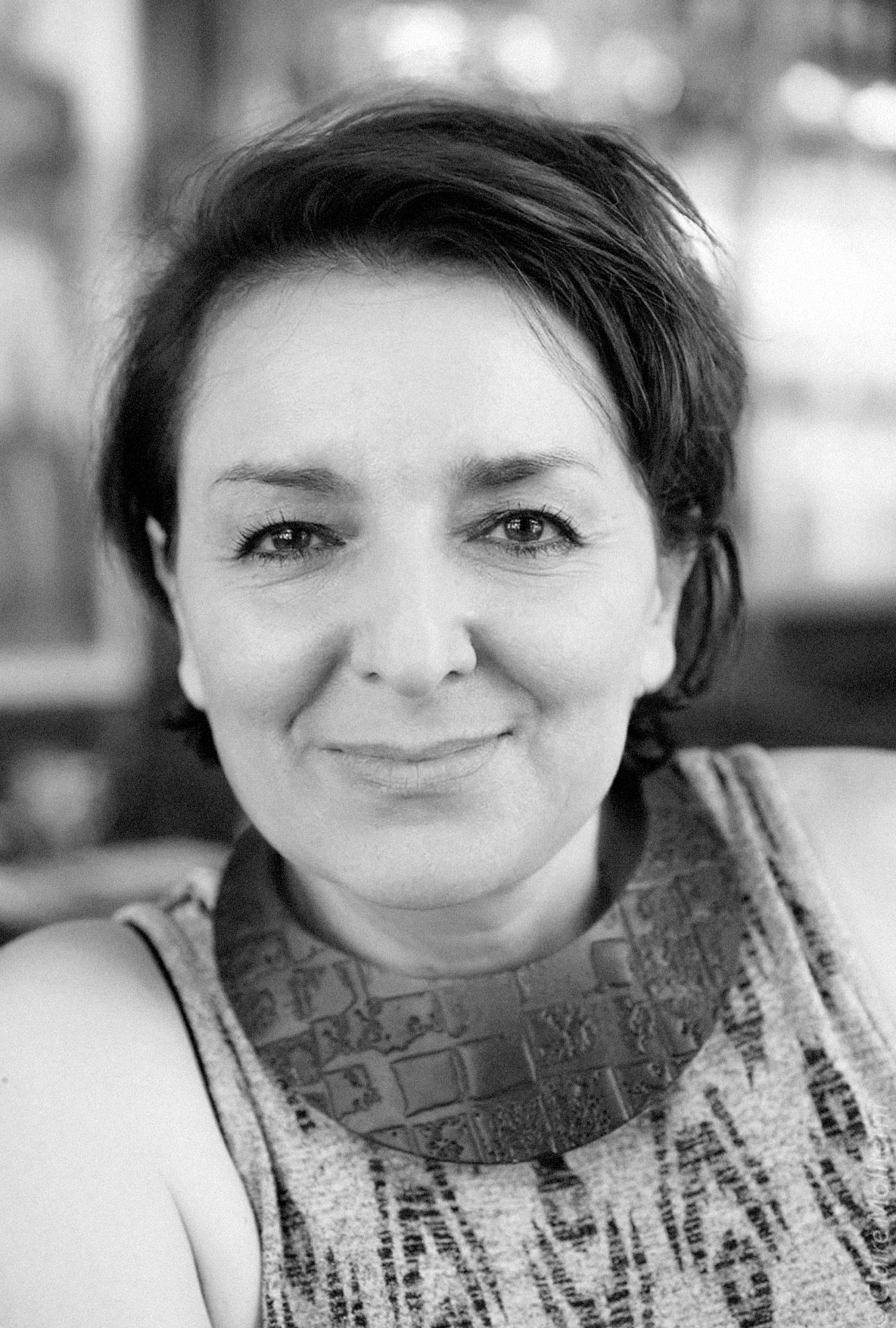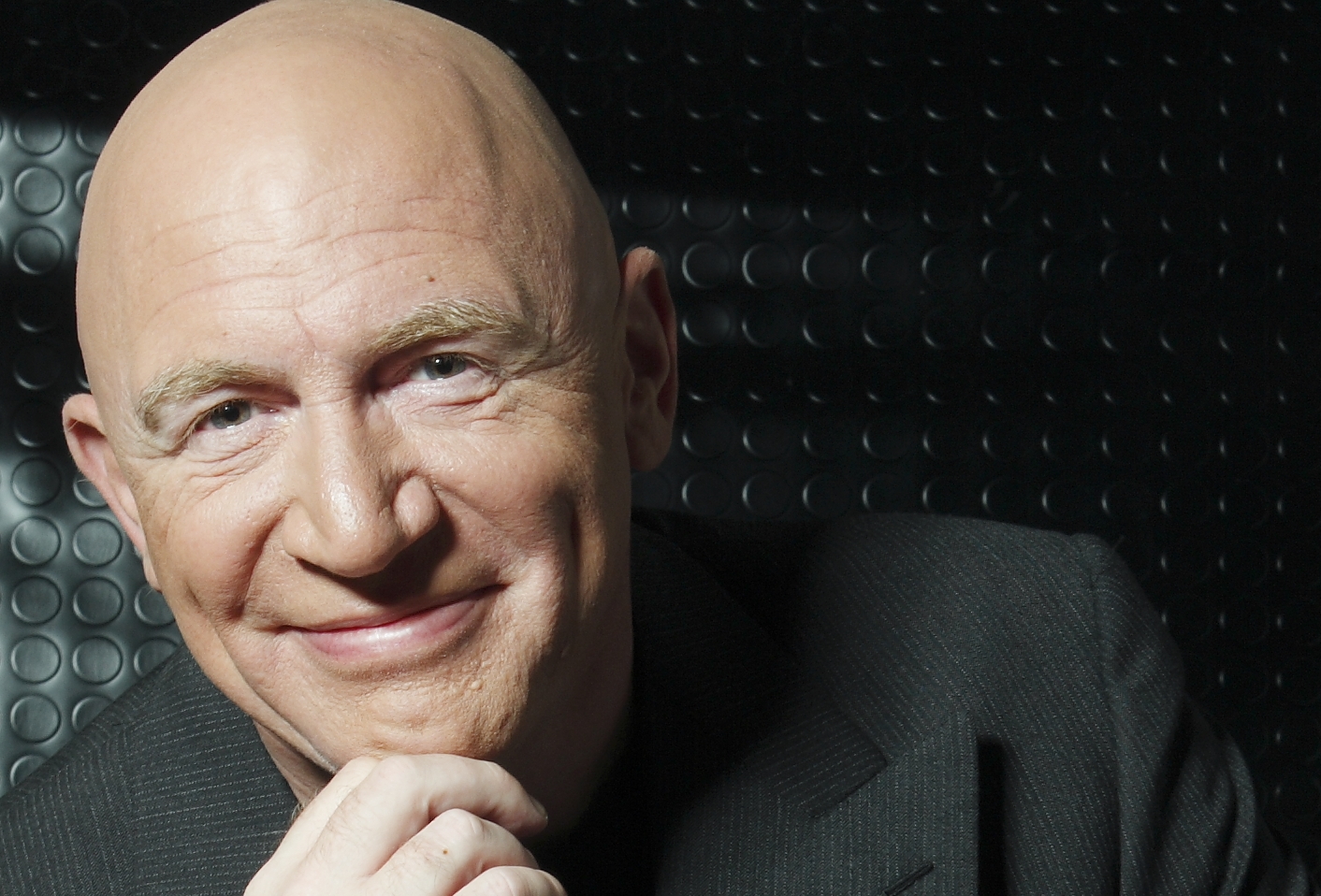
Passers-by near a tall building of Harvard’s Simches Research Center at 185 Cambridge Street, Boston, next to a Whole Foods Supermarket and a huge CVS drugstore, probably have no idea what is going on inside.
If they knew, they surely wouldn’t be so carefree.
All those smiles would disappear at once.
At the moment, however, they’re still happy – not knowing that right under their noses research is taking place, unbelievably similar to one conducted centuries ago by a certain Swiss scientist, desperate to penetrate the deep mysteries of science.
A man by the name of Victor Frankenstein.
But Frankenstein used ready-made human bodies, shaped by nature in a long process of evolution. In comparison with what is going on in Boston, that’s a very moderate and unambitious aim.
For is there anything more extravagant than an attempt to create a completely new life? And in exactly the same way that it happened billions of years ago, at the beginning of everything?
Completely new – that is, without any relationship to anything that ever walked, crawled, swam or flew on this Earth. Created from scratch. Not from dead body parts, but from lipids, carbohydrates, nucleotides and amino acids made by the scientists themselves.
All those elements are now being stirred in his alchemic retort by Jack Szostak, a Canadian scientist of Polish descent, laureate of the Nobel Prize for Physiology or Medicine for discovering telomeres and telomerase. Apparently the most prestigious prize there is in science has only whetted his appetite for more spectacular discoveries.
So he decided to play God.
That’s what’s going on in my mind as I’m on my way to meet Szostak here, in Harvard’s Simches Research Center.
What will I see inside? A miniature model of the universe hidden somewhere in the belly of the lab? With a tiny primordial ocean, a tiny sun among the tiny clouds, with tiny rocks, on which someday something will crawl out?
Or maybe it already crawled out? This unsettling thought enters my brain when I’m trying to negotiate a revolving door and then a bulky security man with a serious face. Perhaps in huge tanks of armoured glass in secret rooms there are dozens of monster creatures, unlike anything that was ever seen by a human eye?
“Good morning, Tomasz!” Jack Szostak’s lively voice makes me come out of my reverie. I’m already on the right floor, ringing the door. “We’ll go into my office, but first I’ll show you where I work.”
I have to admit: a short trip around the lab is nothing like in my imagination. Nothing spectacular here, only microscopes, test tubes, pipettes and computers.
However, when we’re back in Szostak’s office, sitting in chairs, for a moment – a brief moment – I think I can hear horrible, giant membranous wings flapping somewhere in the distance. And maybe also a muffled human scream. I have the impression that Szostak hears it too.
And that for a tiny fracture of a second his face stiffens with fright.
But, in a flash, everything is back to normal. Szostak is smiling again, with the same carefree smile I saw in the passers-by on Cambridge Street.
Since it is theoretically possible that I’ve just imagined hearing and seeing all of this, I too decide to smile and, as if nothing had happened, to ask my first question, one that was on my mind for quite some time.

Tomasz Stawiszyński: Do you feel like a new Dr. Frankenstein?
Jack Szostak: Yeah, it always comes up. But no, I don’t. I feel like we’re just trying to understand this very straightforward scientific question: how did life emerge from chemistry? There’s nothing magical or horrible or supernatural about it.
Creating an artificial life – that does not sound straightforward.
We’re trying to synthesize simple living systems, simple cells that can grow and divide and evolve in the Darwinian sense. We want to see the beginnings of Darwinian evolution. To me, that’s essentially the same as the beginnings of life.
How can you be sure that, if the experiment works, you will have reconstructed something that happened millions of years ago? Maybe you’ll just create a completely new form of life?
I hope to achieve both. You could say that the first living systems we or somebody develops might be somewhat contrived. They might not necessarily reflect exactly what happened on early Earth – of course, we might never know for sure what processes occurred then – but what we would like to do is to experimentally figure out reasonable scenarios of the creation of life. There might be many such scenarios, so the more different ways we can do it in the lab, the better will be our understanding of how it might have happened billions of years ago.
Why exactly are you doing it?
Our research is part of a much bigger programme that aims to fully understand the origin of life. It’s not just what happens when you have a bunch of chemicals that start to get together to make a cell; we want to know everything, starting with the formation of stars, planets and protoplanetary discs. How does it condense to make planets? What happens when a planet is forming? What’s the chemistry that goes on as it starts to cool down? How do you gradually build up more complex molecules that eventually can assemble into cells?
We assume we have the right building blocks, so we ask: “OK, then what?” How do they get together to start making a cell? And of course, there’s still much more to understand. How did the cells start to evolve? How does metabolism evolve? How does translation evolve? How do you end up with DNA, RNA, proteins and metabolism? How do organisms evolve to become more and more complex and better adapted to different environments? So it’s that whole pathway of research, and our part is just a little part of the middle: we go from molecules to cells.
There are a number of theories about the beginnings of life. Is your work based on, so to speak, your favourite theory? Or you don’t prefer one or the other, but just perform experiments?
The criterion for evaluating different theories is: how well does everything fit into a pathway that explains how everything is connected, step-by-step, without any magical gaps in between. And everything has to be consistent with the laws of chemistry, with phenomena that we see in geology; everything needs to make sense as this overall pathway. That’s how I evaluate different theories. Of course, our knowledge is limited at this point. There are big fights over which theory is better, but personally I like the scenarios where we have surface environments – they could be volcanic or impact craters of some kind – where the energy from the sun drives chemical reactions. You also have small bodies of water: the surface lakes, crater lakes, ponds with geothermal circulation of water. All of these things allow molecules to accumulate and be concentrated, bringing up ions from the rocks. Therefore, it’s all consistent as far as chemistry is concerned. That to me makes the most sense at this point. It’s a very interesting time actually, because we’re learning enough about the chemistry that’s required to make the building blocks of biology that we can start to deduce what the best geological requirements are for creation of life.
It all seems to be a form of deduction. You start with the general and move towards the specific, going from the end result to its smallest components. Almost like a police investigation.
I’d say there are a few general approaches. One is looking at biology today and trying to work backwards from what we see now, all the way to simpler beginnings. As we look at the DNA sequences of organisms on the modern Earth, they all share a lot of common structure, therefore we know pretty well what the last common ancestor looked like. It’s much harder to deduce back before the last common ancestor, but we know certain things – for example, how the ribosome evolved. It took a long series of steps. Some probably started off with a small core activity at the centre of the ribosome, with RNA. That’s probably one of the best pieces of evidence that early life was based on RNA.
Then we can also look from the bottom up, studying chemistry and trying to deduce how to generate the building blocks that are needed. We know that you need some genetic material, probably RNA. We want to know how to make nucleotides, peptides probably played many roles early on; we also need to understand how you make amino acids. All cells have membrane boundaries – so we need to understand how to make lipids and membranes.
We still don’t know all that?
Well, in the last ten years, I’d say there’s been huge advances in prebiotic chemistry. John Sutherland and his team have made what to me looks like very valuable discoveries, essentially starting from cyanide. It’s a little bit ironic, since cyanide is poisonous for us now, but at the same time it really is perfect starting material. From cyanide you can build up some pathways to nucleotides and possibly other pathways to amino acids and even – although this is not yet well developed – possibly also to lipids. This whole network of chemical reactions is still being studied and there are gaps that are being filled. Understanding of this network of chemical reactions allows you to make some deductions about the environment that would have been necessary for them to occur. You need the starting materials to be concentrated. If they’re diluted in the ocean, nothing will happen, but if they’re in a surface environment, where they can be concentrated by evaporation, crystallization and other mechanisms, then you start to get some interesting chemistry. That’s one of the reasons why we like surface environments; another is that some of the reactions require light. And there is an interesting theory explaining how cyanide, which had been present in the primitive atmosphere, might have appeared somewhere on land in a concentrated form. We can take these compounds that have made nucleotides, amino acids, peptides or lipids, and we can start to see how they could have come together to make cell-like objects. We gradually discover what works and what doesn’t. We have also found very simple ways to make membrane compartments grow and divide in several different ways. The conditions are something you could easily imagine being present on the early Earth in surface ponds and lakes, so that’s nice. But to have an organism, a system that can start to evolve, you need some molecule of heredity where the sequence can be copied and passed on.
So we need DNA?
We think RNA is probably more likely, but it actually could even be some mixed polymer or something similar. But anyway, it’s something like RNA or DNA, or some messy mixture of different things. The chemistry to replicate that kind of molecule is something that people have been working on for over sixty years, so it’s not a simple problem.
But what exactly don’t you know? You have state of the art equipment, you know what the cells are made of, you can observe their behaviour in minute details.
If you look at existing organisms, all the important jobs in every cell on Earth today are done by enzymes, usually protein enzymes. For example, copying our DNA is done by a very elaborate, very efficient and accurate enzyme called DNA polymerase. But if you think about the origin of life, there weren’t DNA polymerases, nor any protein enzymes, there weren’t even the RNA enzymes. So there had to be a simple chemical structure that could replicate, probably slowly and not very accurately, but still. It must have been long enough to perform some useful function for its cell, but not quite as long as our DNA. What was the chemistry behind that process of replication is still a big puzzle – and that’s what makes it really fascinating.
What interests me is the practical dimension of your work. Do you have a small model of the universe somewhere in your lab, with fake oceans, rocks, volcanos, sun? Do you stir various substances in that melting pot and wait for some living organism to emerge?
Chemistry experiments are trying to understand how certain reactions work. What’s the reaction mechanism? What conditions are optimal? How do we make it work better? The closest thing we have to a little model of the early Earth is a little plastic-covered box with an atmosphere of nitrogen and hydrogen. We use it for chemical experiments that are sensitive to oxygen.
So you don’t pop in to a room from time to time in order to check whether something has come alive?
No, we simply try to take this big problem and break it down into manageable, separate, distinct, simpler questions, focus on one at a time, and gradually try to build things back up. So we do have microscopes and we look at the vesicles we make, observing how they grow and divide into daughter cells. And, of course, we always try to make sure that our RNA chemistry will work inside these membrane compartments. So we are trying to build up a model of a primitive cell, bit by bit. There are a lot of steps we have to figure out before we actually get there.
As far as I understand, you assume it’s a matter of a simple chemical process and not divine intervention?
Definitely. In your e-mail, you also asked about the social implications of our research. I think about the emergence of life as a natural phenomenon requiring scientific explanation. Therefore, maybe if we can actually show that there is a natural process behind our genesis, that would remove one of those last areas where people feel they have to believe in magic.
But surely you must feel the metaphysical weight of your project? After all, you intend to create a living organism from scratch and become its Maker.
I guess maybe I’m sort of more down at the level of the individual experiments, all the little nitty gritty stuff. But, of course, the reason we all do this is because it is one of the last really big, huge fundamental scientific questions. We want to understand how we got here.
Dimitar Sasselov, the director of Harvard’s Origins of Life Initiative, said that if you manage to create a living organism it will be the first time in history of the Earth when one species makes another. Moreover, it will be a completely new species from which others will possibly evolve. A new branch of the tree of life will develop. And yet here you are, saying that you don’t feel any metaphysical burden.
It’s all true, but you know what? Day-to-day we’re all worried about simpler, smaller questions like: “Why didn’t that reaction work?” The big picture is always there, but thinking about that doesn’t really get you anywhere.
And do you sometimes wonder how basically in all the fairy tales and myths, any attempts by human beings to step into gods’ or nature’s shoes – and especially attempts at creation of life – always end up with a tragedy? Maybe there is a grain of truth in those narratives?
We’re only trying to reconstitute or understand the pathways leading to very basic, simple cells. There is nothing dangerous about this. Cells by their nature are just barely able to survive even when we give them everything they need. The experiments that aren’t really dangerous, but certainly deserve more critical attention, are those when you’re taking existing organisms and modifying them for some purpose or other. In such cases, there are definitely concerns about bioterrorism or designing a really bad pathogen. On the other hand, it’s probably a very hard thing to do: it would take major, major efforts and so I’m sceptical about such a possibility, even if someone did try it.
There are other concerns, more long-term. Because of technological advances, the editing of genomes of organisms is now much easier. A lot of such research is driven by a desire to cure or prevent certain horrible genetic diseases, which is a very positive motivation. But you need to worry about the long-term consequences. What if we reduce the diversity of the human gene pool? We should always be careful about what we’re doing and think about the consequences.
Is it your job and responsibility to think about the possible consequences of your research? Or maybe all the scientist should do is study things and make discoveries?
I think that scientists should think about the consequences of what they’re doing, although it is very difficult to predict. Not to mention that most of the bad consequences are actually not predictable. And I also think it’s a good thing for other people to think about the consequences of different kinds of scientific research. For example, humanity ought to seek solutions to climate change. Most of us, except for some crazy people who happen to be running this country at the moment, recognize that climate change is a huge challenge. Many ideas about how to fix the problems, like the geoengineering solutions that have been proposed, offer sort of short-term fixes, and they could have consequences that are worse than the problem they’re trying to solve. And I think you can make the same argument for human germline genetic engineering: we need to be thoughtful about how we proceed with that because there are benefits, but also costs.
You advise young scientists to tackle the most fundamental problems.
I’ve always tried to work on questions that I thought were interesting. The more fundamental the question, the more interesting it is. But it also has to be something that can be solved. There are lots of interesting questions that we can’t even approach at this point. If you want to solve a problem like that, then you have to be willing to develop some new technology from scratch. Finally, my, so to speak, general advice to younger scientists is: if you find an interesting question and it’s technically something that can be done, then check out first whether there’s not already thousands of people working on it. Unless you really, really like competition [laughs].
Do you feel pressure because of the Nobel Prize? You got one already – is it therefore harder to tackle new fundamental questions?
Well, the main pressure I feel right now is that I am getting older and running out of time.
You were awarded the Nobel Prize for discovering telomeres and telomerase, which constitute a part of DNA’s defensive system against damaging, and which play a part in processes of ageing. The immortalists point out that because of this discovery, we are now closer to eternal life.
That’s a very interesting issue both in terms of technology and in terms of social implications. Telomeres and telomerase are only one small part of ageing. An important part for sure, but there are so many other things all happening together: the accumulation of damage to DNA, accumulation of damage to proteins, our problems with mitochondria… Metabolism alone has so many different issues. I think having a better understanding of ageing is definitely one of the most interesting scientific problems. With all the new tools and molecular biology, imaging, chemistry, it could probably be solved. I’m pretty optimistic that as we get a better understanding, we’ll probably be able to stay healthy for somewhat longer, greatly extending lifespan. But I don’t really know if that would be possible at some point or not. It’s hard to predict.
By “greatly expanding” you mean above a hundred years? Or maybe a thousand?
A lot of people now live to a hundred years, so achieving that for everyone probably doesn’t require too fundamental a breakthrough. But a thousand years? There might be completely different problems that would have to be solved. I don’t know if it’s possible, but imagine: even if everybody started to live to a hundred, the changes in the social structure would be enormous, probably the biggest ever. Therefore that’s something the people should be thinking about: how are we going to deal with that kind of change?
Do you sometimes think about prolonging your own life? I’m asking you as a man, not as a scientist.
I don’t work on ageing anymore. Thirty years ago I left that field and I’m now doing other things. Of course, I’m still interested in ageing, I like to read about new research and talk to people, keep some general picture of what’s happening and what people are doing out there. But I’m not working on it myself and I don’t think there’s going to be any cure for ageing. Instead there will probably be a gradual sequence of improvements in health care, also new technologies will be developed. And let’s not forget about regenerative medicine, which is another fascinating area. I only wish that the people that are doing the stem cell and regenerative medicine research would work a little harder, because I could definitely use some improvements in my joints [laughs].
Do you think that your research on the beginnings of life on Earth can somehow contribute to prolonging life or improving its quality?
I doubt that. Right now, I really don’t see any direct connection and the problems are pretty different, except that at some fundamental level they both involve a lot of chemistry. It’s always possible that the chemistry that comes out of origin of life research might turn out to have some application, but there’s nothing really obvious that I could think of right now.
It’s hard to believe, considering how fundamental this research is.
Well, the field of synthetic biology is huge and still growing. People are learning how to take bacteria, yeast and organisms like that, and basically turn them into factories producing everything from pharmaceuticals to fuels. But that’s because we’re now able to start manipulating living cells that already have thousands of genes and all those fantastic protein enzymes. Also, we know how to evolve protein enzymes so that they make different useful things. Meanwhile, what my team and I are doing is trying to make a cell from scratch. A cell that will be using chemistry for replication, which is terribly inefficient. We want to see the first simple RNA functions. There are enzymes made of RNA, but they’re basically not very good compared to protein enzymes. If we succeed, we will create cells similar to the first ones ever to appear on Earth, but they won’t be as good or useful as the cells that are the result of four billion years of evolution. It’s obvious that if you want to do something practical, you take as your starting point something that’s already the best there is, and then you try to make it better.
And this lack of practical applications doesn’t worry you?
Not in the least. However, it’s always possible that something practical will come out of our research, because we have to always develop new technologies to solve the problems we’re facing. And when you have a new technology, you can use it for lots of different things. I can give you an example. Twenty years ago, we were interested in my lab in finding a technology to let us evolve proteins and peptides, and so we developed a new way of doing this. The proteins are these complicated folded structures, right? Look at the proteins that are found in biological cells. They’re just stunningly beautiful, and it makes you wonder where did they come from? How could such a complicated structure ever emerge? And we were able to use our technology to partly answer that question, because we could say: “Well, if you make enough random sequences, some structures will appear and they will look just like biological proteins.”
And now, because of this, after many years, there is a drug in phase two clinical trials that we hope will some day be marketed. All thanks to this new technology. So it’s gone all the way from basic science to a drug. On the one hand, it’s very satisfying to be able to go all the way from basic science to practical application, but on the other hand it often takes twenty or thirty years, and is quite unpredictable. That’s the beauty of science.
Parts of this interview have been edited and condensed for clarity and brevity.
Introduction translated by Jan Dzierzgowski










